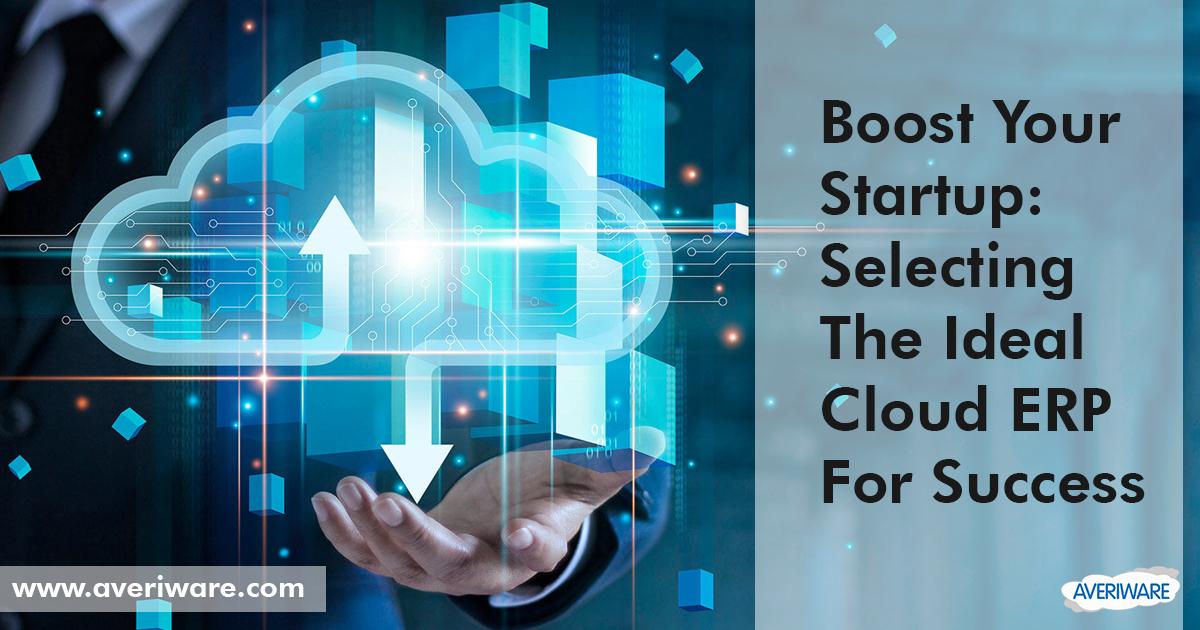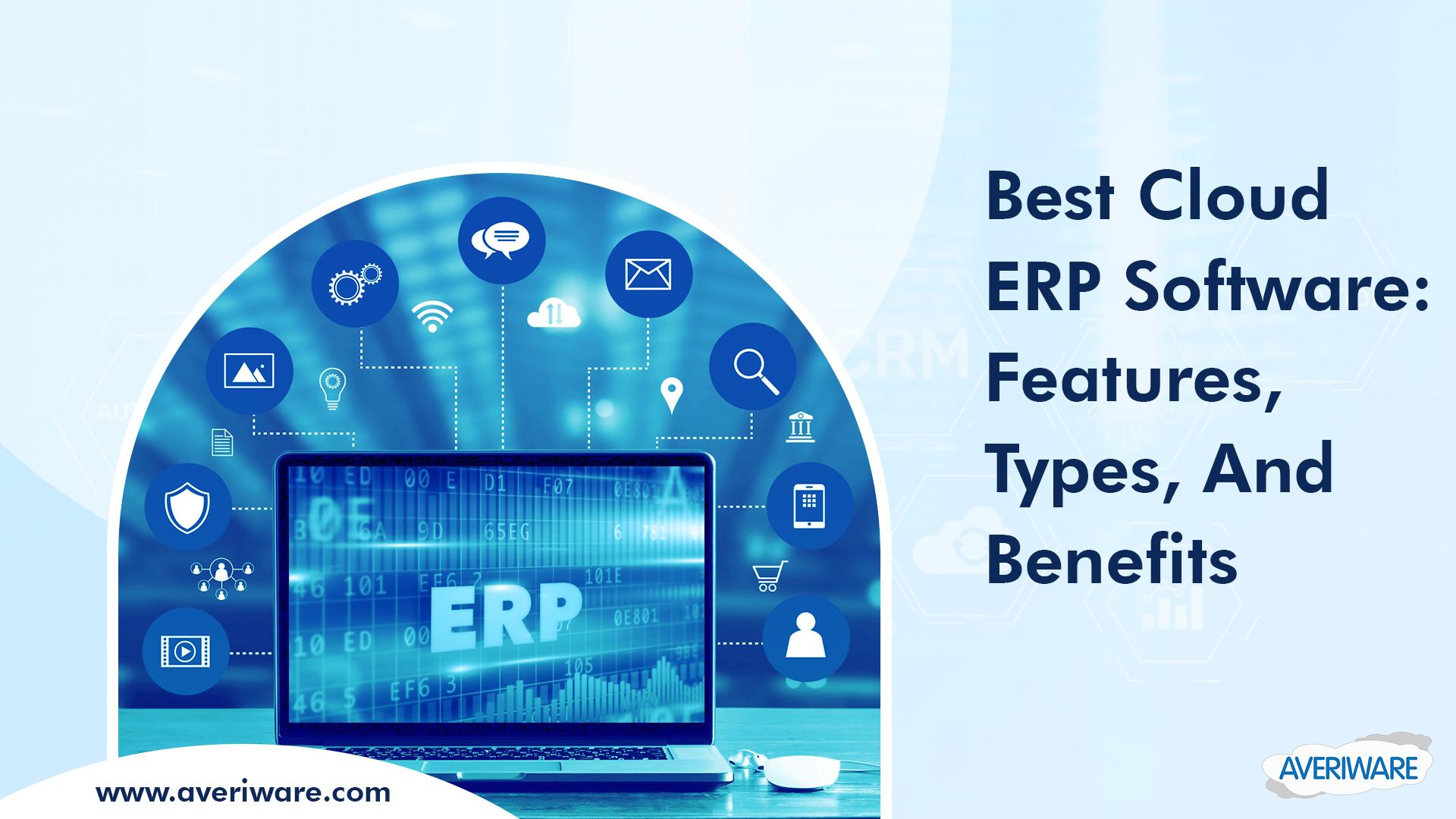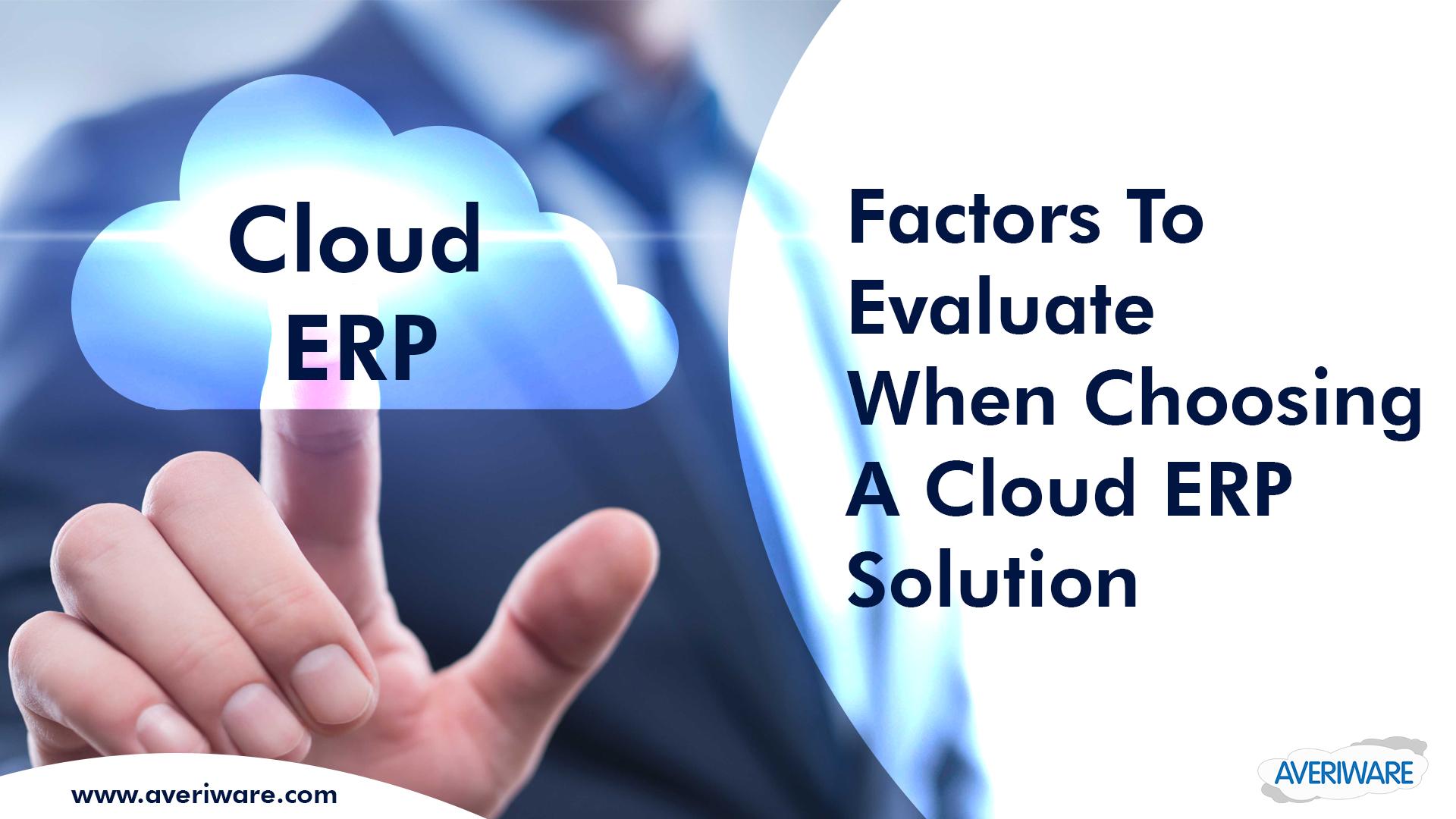In today’s rapidly evolving business landscape, startups are perpetually in pursuit of a competitive edge. Cloud-based Enterprise Resource Planning (ERP) software has emerged as a central asset for optimizing operations, facilitating growth, and sustaining a leading edge. The article below offers a detailed exploration of cloud ERP systems, expanding on their vital role in propelling startups towards achieving their objectives.
Understanding the Startup Landscape
Before we dive into the intricacies of cloud ERP systems, it’s essential to understand the unique challenges and opportunities that startups face. Startups operate in a dynamic environment where they must scale rapidly, often with limited resources. This makes every decision, especially regarding technology investments, critical to their success.
The Role of Cloud ERP in Startups
Cloud ERP offers startups a flexible and scalable solution that can adapt to their evolving needs. It integrates various business functions such as finance, inventory management, human resources, and customer relationship management into a single unified system. This integration not only reduces operational complexity but also provides real-time insights for data-driven decision-making.
Benefits of Cloud ERP for Startups
Cost-Efficiency: Cloud ERP eliminates the need for significant upfront investments in hardware and software. Instead, startups can subscribe to the service, paying only for what they use.
Scalability: Startups can scale their ERP system as they grow, ensuring they have the capacity to support increasing demand.
Accessibility: Cloud ERP allows teams to access critical business data and tools from anywhere with an internet connection, enabling remote work and flexibility.
Enhanced Efficiency: Automation of routine tasks and processes increases operational efficiency and frees up resources for strategic activities.
Real-Time Insights: Cloud ERP provides startups with up-to-the-minute data and analytics, empowering them to make informed decisions promptly.
Choosing the Right Cloud ERP for Your Startup
Selecting the ideal cloud ERP solution for your startup requires careful consideration. Here are the key factors to keep in mind:
Alignment with Business Goals: Your ERP system should align with your startup’s unique goals and objectives.
Scalability: Ensure the ERP solution can grow with your business without requiring a complete overhaul.
Integration Capabilities: Look for ERP systems that seamlessly integrate with your existing software and tools.
User-Friendliness: The system should be intuitive and easy to use, minimizing the learning curve for your team.
Data Security: Data security is paramount. Choose a cloud ERP provider with robust security measures in place.
Support and Training: Assess the level of support and training offered by the ERP provider.
Cost Considerations: Compare pricing models to find the one that aligns with your budget and anticipated ROI.
Implementation and Integration
Once you’ve chosen the right cloud ERP solution, the next step is implementation. A successful implementation involves several stages, including data migration, customization, and testing. Integration with existing systems is a critical aspect to ensure a seamless flow of data across your organization.
Best Practices for Cloud ERP Implementation
Establish Clear Objectives: Define your implementation goals and ensure alignment with your startup’s broader vision.
Data Cleansing: Clean and organize your data to ensure accuracy and consistency during migration.
Customization: Tailor the ERP system to meet your specific business needs.
User Training: Provide comprehensive training to ensure your team can effectively use the ERP system.
Testing and Quality Assurance: Rigorous testing helps identify and address any issues before going live.
Change Management: Implement change management strategies to help your team adapt to the new system.Measuring Success
The success of your cloud ERP implementation should be measured against predefined key performance indicators (KPIs). These KPIs may include increased operational efficiency, reduced costs, improved customer satisfaction, and revenue growth. Regularly monitor and analyze these metrics to ensure that your ERP system continues to meet your startup’s evolving needs.
Conclusion
Cloud ERP is not just a tool for large enterprises; it’s a powerful asset that can propel startups toward success. By choosing the right cloud ERP solution, carefully planning and executing the implementation, and continuously measuring performance, startups can optimize their operations, make data-driven decisions, and thrive in the competitive business landscape.
The journey to selecting and implementing the ideal cloud ERP system may seem daunting, but with the right knowledge and approach, startups can harness the full potential of these solutions to boost their growth and profitability. So, take the leap, embrace cloud ERP, and elevate your startup to new heights of success.








